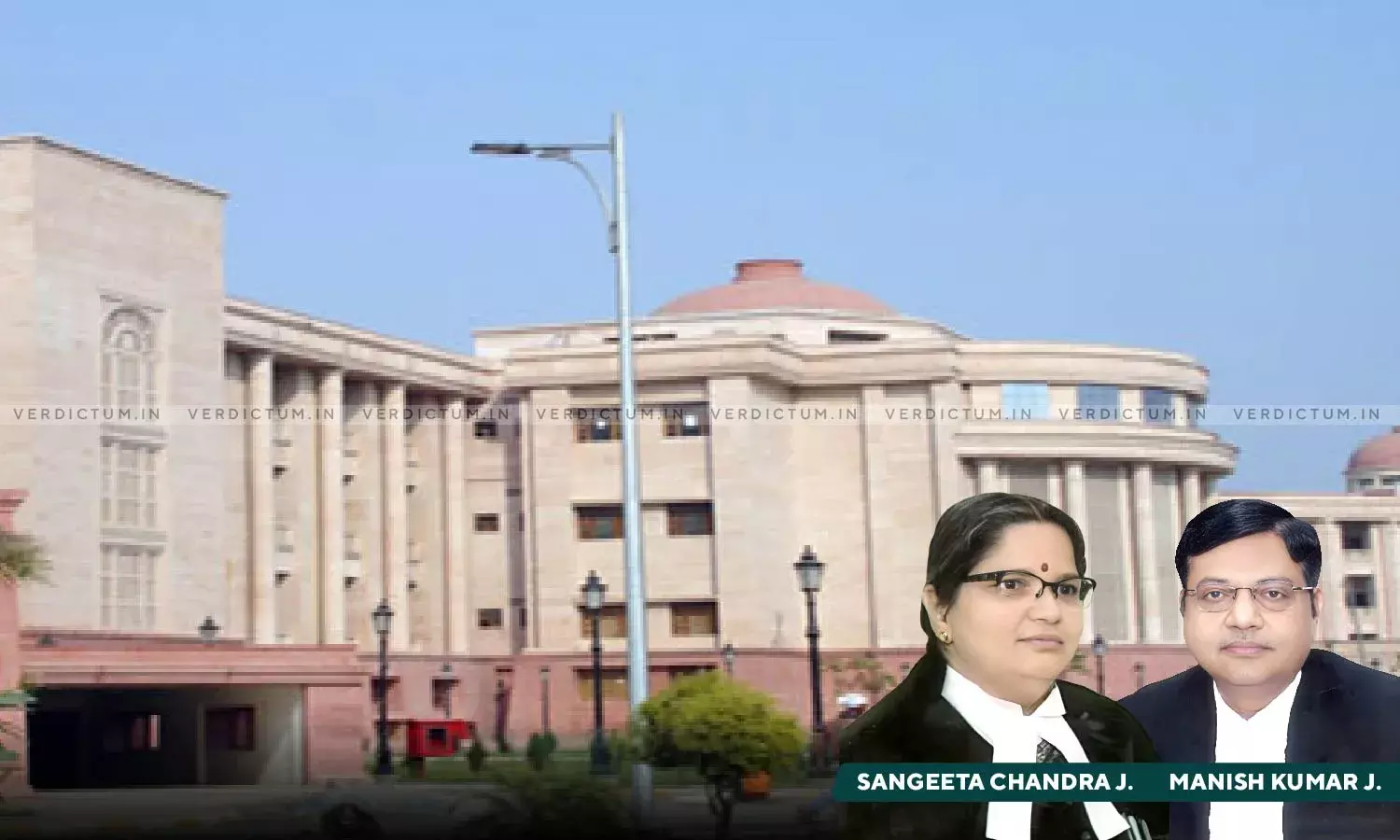Where Grant Of Lease Is Governed By Statute, It’s Permissible For Authority To Cancel Deed Even If Possession Delivered: Allahabad HC

The Allahabad High Court, Lucknow Bench reiterated that where the grant of lease is governed by a statute or statutory regulations, it will be permissible for an Authority to cancel a duly executed and registered lease deed even if possession has been delivered.
The Court in the above context referred to the two cases i.e., TC Limited v. State of U.P. [2011 (7) SCC 493] and Rakesh Kumar Garg v. State of U.P. and Others Writ - C No. 68500 of 2015.
A Division Bench of Justice Sangeeta Chandra and Justice Manish Kumar held, “… where the grant of lease is governed by a statute or statutory regulations, and if such statute expressly reserves the power of cancellation or revocation to the lessor, it will be permissible for an Authority, as the lessor, to cancel a duly executed and registered lease deed, even if possession has been delivered, on the specific grounds of cancellation provided in the statute. … The Corporation has been created for encouraging industrialisation coupled with the aim to generate employment and for betterment of the economy.”
The Bench said that due to the non-adherence to the conditions in the lease deed by the petitioner, the industrial development for which the land was allotted to the petitioner has been affected.
Advocate Akhilesh Kumar Kalra represented the petitioner while Senior Advocate A.K. Chaturvedi and Advocate Kartikey Dubey represented the respondents.
Facts –
The petition was filed by the petitioner for quashing the order and for the direction to the respondent not to interfere in the peaceful possession of the land in the license agreement. The respondent had, for the purpose of encouraging industrialization in the backward District of Hardoi, developed an industrial area, in which the petitioner with an intent to establish a chemical industry applied for allotment of an industrial plot for the said purpose.
Subsequently, the chemical industry which the petitioner intended to set up could not be established because of a ban on the import of finished goods. Later, the Export Import Policy of the Government of India was liberalized and the Central Government permitted such import of finished products which resulted in a steep fall in the prices of the product. Thus, the industry which the petitioner was going to set up became unviable. Thereafter, the respondent cancelled the allotment and license agreement.
The High Court after hearing the contentions of the counsel observed, “This Court finds that the facts as mentioned in this Case before us are almost the same as the land in question has been given to the petitioner on lease by statutory Corporation under the fixed terms of the lease agreement and twice extension was granted to the petitioner. The allotment of these plots having been done in 1991 and lease agreement having been signed in 1992, The Corporation waited till 2008 for cancellation of the lease agreement. The petitioner had to make construction and start manufacturing within a period of two years from the date of lease agreement, as admittedly the lease agreement was executed on 30.4.1992 and the two years' period expired on 30.4.1994.”
The Court further noted that even after the time was extended twice on the request of the petitioner, there was neither any construction made nor manufacturing started which was in violation of the clauses of the lease agreement.
“The Corporation has been created for encouraging industrialisation coupled with the aim to generate employment and for betterment of the economy”, asserted the Court.
Accordingly, the Court dismissed the writ petition.
Cause Title- M/s Vaid Organics and Chemical Industries Ltd. Thru Director v. State Of U.P. Thru Secy. Ind. and 3 Ors.
Click here to read/download the Judgment


